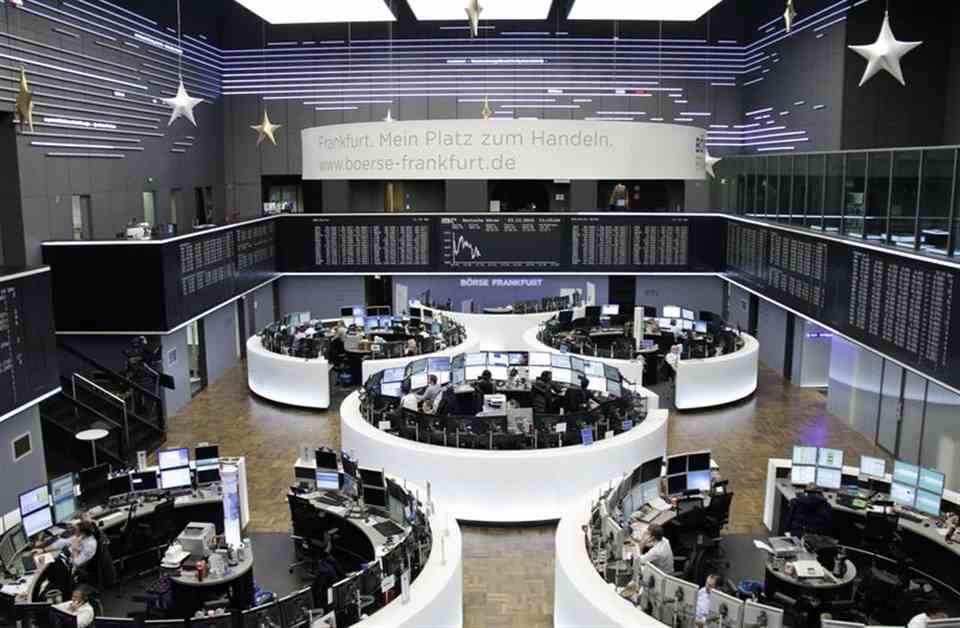Global Markets React to Political Uncertainty
Global markets were impacted by political uncertainty on Monday, as investors scaled back bets on Federal Reserve rate cuts amid a tight US labor market. Additionally, concerns over early elections in France raised broader political concerns and weighed on the euro.
Trading was subdued in Asia, with Australia, China, Hong Kong, and Taiwan closed for holidays. The MSCI’s broadest index of Asia-Pacific shares outside Japan still fell by 0.46%.
US futures dipped slightly, with S&P 500 and Nasdaq futures each down about 0.03%, while the dollar strengthened. The global risk rally came to a halt following Friday’s non-farm payrolls report, which showed the US economy added more jobs than expected in May, and annual wage growth accelerated.
Market futures now predict a 36 basis point cut by the Fed, down from 50 basis points the previous week. The likelihood of a rate cut cycle starting in September has also extended. These developments come ahead of the Fed’s policy decision on Wednesday, with US inflation figures for May expected just before.
“It will be very hard for the Fed to continue to forecast three rate cuts this year,” said Rob Carnell, ING’s Head of Regional Research for Asia-Pacific. “A large number of Fed speakers are hinting at the possibility of just one cut. While the most likely outcome is a shift from three to two cuts, it is possible that there may be only one cut.”
US Treasury yields also rose on Monday, reflecting expectations of higher US rates in the long term. The two-year yield and the benchmark 10-year yield each increased by about 1 basis point to 4.8826% and 4.4414%, respectively.
In comparison to the dollar, the yen fell by 0.1% to 156.87. The dollar index, which measures the greenback against a basket of six currencies, strengthened to 105.10. The Japanese Nikkei benefited from the weaker yen, rising by 0.42%.
In France, President Emmanuel Macron called for early legislative elections at the end of the month after being defeated by Marine Le Pen’s far-right party in the EU election. Macron’s decision has caused political upheaval, giving the far-right a chance at real political power and threatening to undermine his presidency three years before its term ends. The euro dropped to its lowest level in a month following the announcement, amid growing uncertainty about Europe’s future political direction. It fell by 0.25% to 1.07735 against the dollar.
Overall, the markets are responding to political developments with caution, as investors navigate through shifting uncertainties in both the US and Europe.
Biography:
Emmanuel Macron is a French politician who has been serving as the President of France since May 2017. Born on December 21, 1977, in Amiens, France, Macron studied philosophy at Paris Nanterre University before attending the prestigious Ecole Nationale d’Administration. He began his career as an investment banker before entering politics as an advisor to President François Hollande. Macron later served as Minister of Economy, Industry, and Digital Affairs before forming his political party, En Marche! (On the Move!), and winning the presidential election in 2017. Throughout his presidency, Macron has focused on economic reforms, European integration, and social issues.




